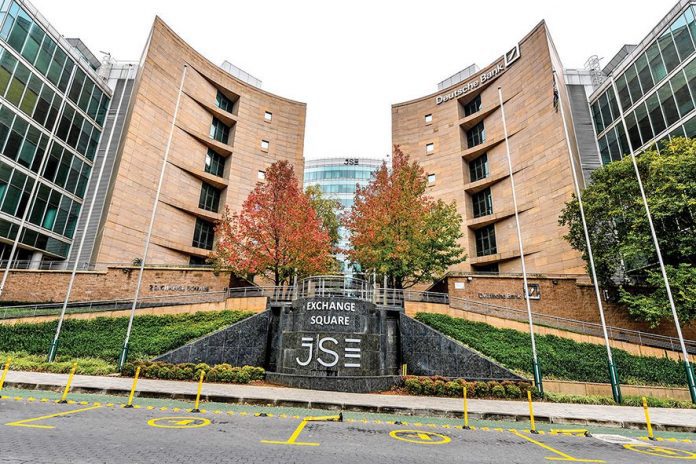By Bonang Mohale
Despite considerable easing in global inflation over the past year, the stickiness in core inflation has slowed the path to the 2%-3% inflation targets that many central banks are trying to achieve.
Interest rates remain high, with many emerging economies continuing to experience currency volatility and, often, higher-than-desired inflation.
Some economies, especially in Latin America, which moved faster to tame the post-pandemic inflation surge, have been able to cut rates significantly.
Here at home, headline inflation has fluctuated in the range of 5%-6% over the past six months and is forecast to moderate over the course of 2024, averaging 5.1% for the year as food and fuel price inflation ease.
The SA Reserve Bank notes that gross domestic product (GDP) growth remains low, mainly due to inadequate energy supply, sharply deteriorated logistics capacity, as well as low confidence among businesses and households.
The GDP growth slumped to 0.6% in 2023, down from 1.9% in 2022 and 4.7% in 2021. The near and medium-term outlook is for growth to increase, albeit slowly, as electricity supply improves, underpinned by the ongoing private investment in renewable energy generation and increased maintenance by Eskom.
Household consumption spending is also expected to strengthen as inflation eases, wages rise, pension savings get spent and job creation picks up with investment helping to lift growth over the medium term.
Real GDP is projected to improve to 1.2% in 2024 and to rise to 1.6% by 2026. Importantly, even if achieved, these growth rates remain well below SA’s long-term average growth rate of about 2% and far below the 4.1% average growth for emerging markets in the current year projected by the International Monetary Fund.
SA has a rising sovereign debt and near zero GDP growth compounded by the limited fiscal space to deal with both.
Structural factors constrain economic growth. The tax base is not expanding. The rand exchange rate and increasing dependence on the issuance of short-term and/or foreign currency debt signal increasing market nerves about the fiscal outlook.
Simultaneously, the country’s tax burden is already heavy and if taxes were to go up further, private spending and consequently GDP growth will be severely impacted. The sale of state assets to boost non-tax revenue is not government policy, while additional tax revenue brought about by improved tax collection is drastically waning.
Years of government spending that has ordinarily outpaced tax revenue has given rise to a negative spending mix, which favoured consumption over investment. Strikingly, debt servicing costs, the wage bill and social protection spending combined absorb about 70% of tax.
Further limiting any attempt of fiscal restraint is the fact that operating expenses budgets are already tight, capital expenditure is at multi-year lows, insufficient checks and balances make misspending rampant and that interest payments (consuming around 20% of tax revenue) are continuing to soar.
What exacerbates this already dire situation is the critical importance of Transnet and its poor financial state, with conditional bailout inevitable.
While National Treasury now being able to tap into unrealised Gold and Foreign Exchange Contingency Reserve Account profits could be considered a positive, it’s doubtful this on its own would be sufficient to durably lower the fiscal risk premium embedded in long bond yields.
Importantly, the optionality that now comes with the access has not resolved the root causes of the fiscal problems. To the extent that Treasury is planning to design a fiscal rule to help reassure investors of its commitment to restoring the health of public finances, important conditions, among others must be met, it must be flexible enough to allow it to respond to shocks but with clear mechanisms to correct for non-compliance; an independent fiscal council must be established to enhance checks and balances and the rule must be binding and enforceable.
Bringing about a likely improvement in fiscal and monetary policy coordination could make a noticeable contribution to ultimately limiting currency depreciation, managing inflation expectations even lower and reducing borrowing costs.
- Mohale is the chairman of two listed entities, The Bidvest Group Limited and ArcelorMittal



